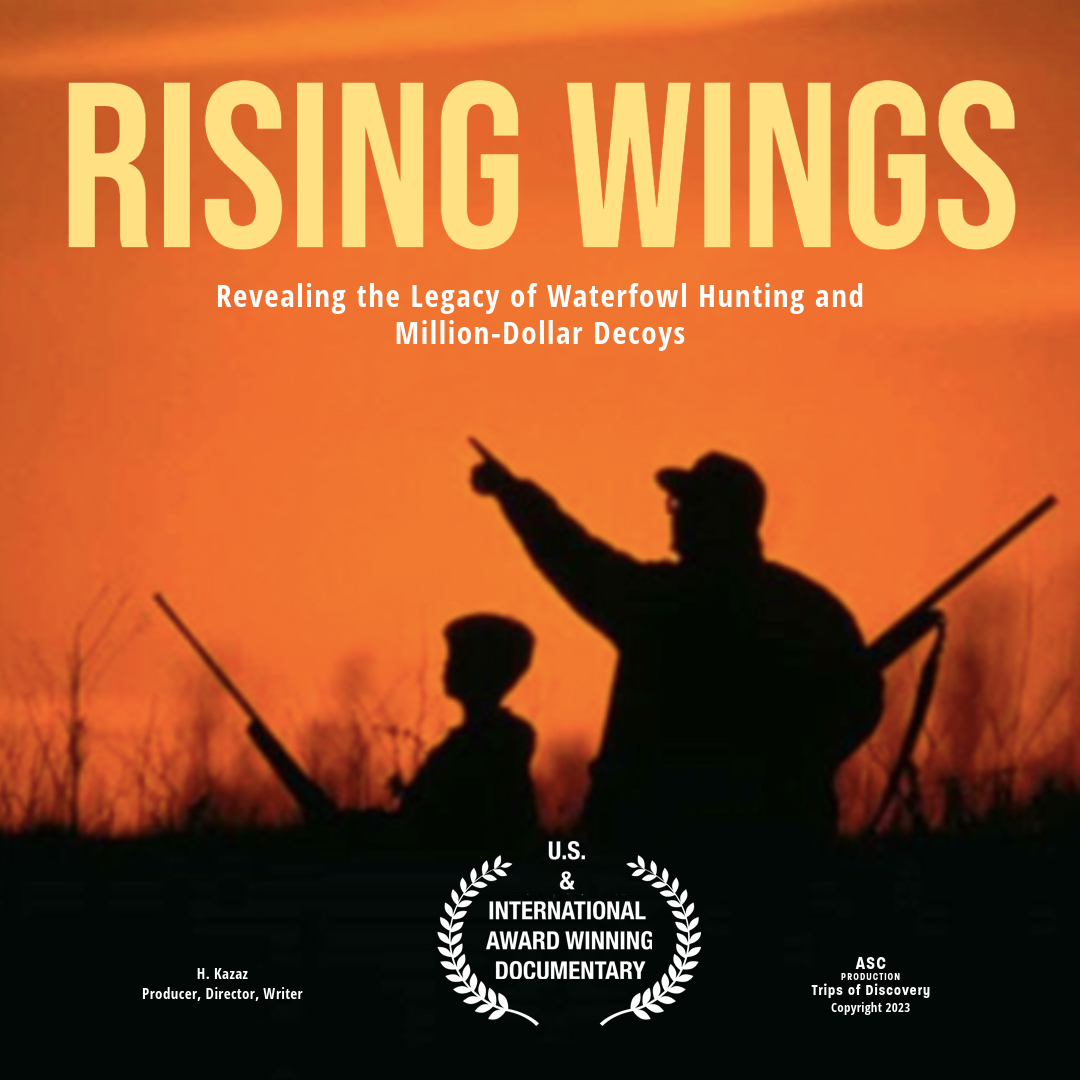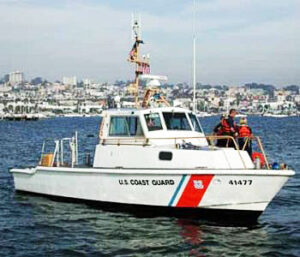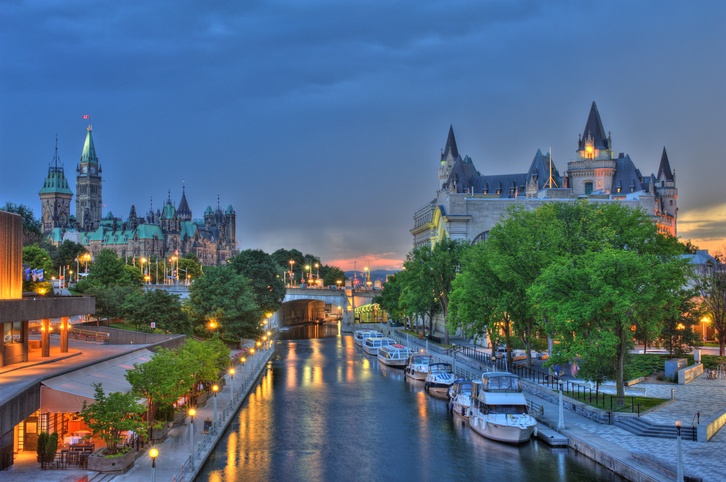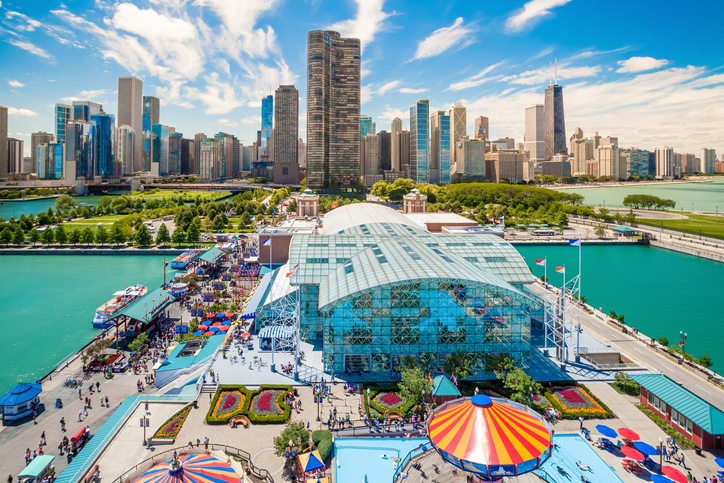Richmond Hill, GA – A Tranquil Haven Along the Atlantic Intracoastal Waterway
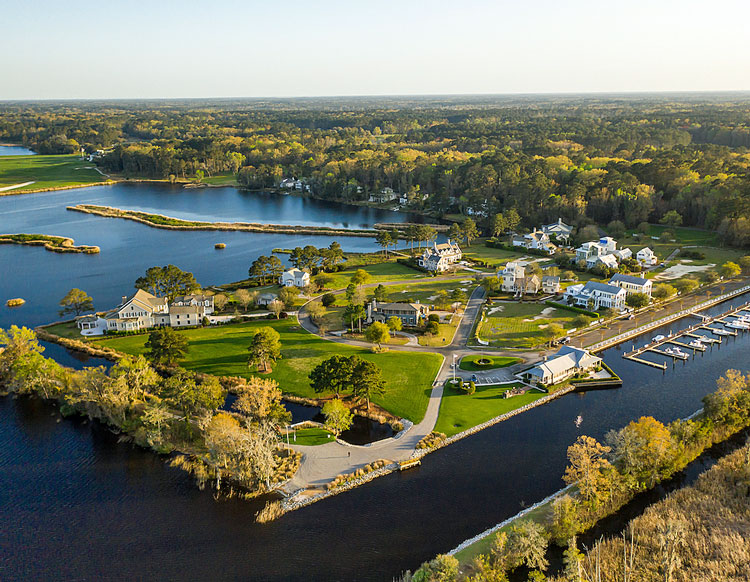
Estimated reading time: 9 minutes – SBFL* Stop 35 – Planned – Embarking on our whimsical journey aboard Life’s AOK, in our Slow Boat to Florida (SBFL), tracing the waters from the frosty north down to the sun-kissed south, we’ve docked at our thirty-fourth haven: the enchanting city of Savannah, Georgia. However, the adventure doesn’t pause here; oh no, it’s merely a comma in our grand tale of exploration. For those who’ve been with us from the start since our 2018 post, “Slow Boat to Florida,” you’re well aware that our pace is more ‘meander’ than ‘marathon.’ Why rush when every ripple and breeze along the Florida-bound journey is a story waiting to be savored?
Our philosophy? The voyage itself sprinkles the magic, not just the Floridian shores awaiting our arrival. Rushing is a cardinal sin in our book, for it blinds you to the splendors peppered along the Atlantic Intracoastal Waterway (ICW) – a treasure trove of history, historical landmarks, breathtaking landscapes, and, lest we forget, the symphony of regional cuisines that sing to the soul. So, we query, why the haste?
Yet, when it comes to navigating the Georgian stretch of the ICW, it’s not just a suggestion but a heartfelt plea to slow down. Whether you’re kindred spirits or merely passing through, this leg demands a pause. Trust us, it’s a chapter you’ll want to experience at a leisurely pace.
Slow down, tidal currents and changes in water depth will challenge you
The ICW is a significant inland waterway along the eastern coast of the United States, stretching from Boston, Massachusetts, to Key West, Florida, covering a distance of approximately 3,000 miles. It serves as a navigable route for commercial vessels, recreational boaters, and maritime traffic, offering a sheltered and protected passage for boats, especially for those avoiding the hazards of open ocean travel.
In Georgia, the Atlantic ICW provides vital access for maritime transportation and recreational boating. However, like other sections along the ICW, parts of the Georgia segment can suffer from maintenance issues. The waterway requires regular dredging to maintain adequate depth for vessels to navigate safely, and maintenance can sometimes lag due to funding constraints or other logistical challenges.
Regarding tide swings, Georgia does experience notable tidal variations along its coastline, which can affect navigation within the ICW and surrounding areas. Tidal currents and changes in water depth due to tides are factors that mariners need to consider when navigating through these waters.
In addition to serving as a transportation route, the ICW in Georgia also plays a crucial role in supporting commercial activities such as shipping, fishing, and tourism. It provides access to ports, marinas, and recreational areas, contributing to the state’s economy and serving as a vital lifeline for coastal communities.
Despite maintenance challenges and tidal variations, the ICW remains a vital artery for maritime commerce and recreation, facilitating safe and efficient passage along the eastern seaboard of the United States.
Ford’s town
After leaving Savannah, we are planning to stop at Richmond Hill, Georgia, about 64 nautical miles away. Richmond Hill is where 20th century industrial giant Henry Ford’s spirit still lives on. His connection with Richmond Hill traces back to the early 20th century, when the automotive pioneer sought a peaceful winter retreat away from the hustle and bustle of urban life. Ford, known for revolutionizing the automobile industry with his innovative assembly line techniques and mass production methods, was also an avid proponent of sustainable living and environmental conservation.
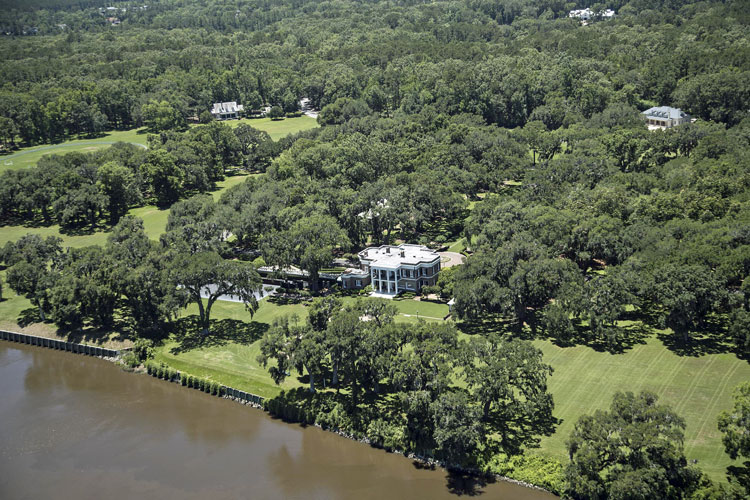
In the 1920s, Ford purchased the former Richmond Plantation, which was burned by elements of General William T. Sherman’s army at the conclusion of their “March to the Sea.” Ford’s holdings eventually totaled 85,000 acres (340 km square) of agricultural and timber lands, most of which is now owned by the State of Georgia or ITT Rayonier, a timber company. It includes vast tracts of land along the banks of the Ogeechee River in Richmond Hill. Ford envisioned a self-sustaining community where he could escape the pressures of business and enjoy the tranquility of nature. He established the Ford Plantation, complete with a luxurious mansion, guest cottages, and a model farm.
At the Ford Plantation, Ford implemented progressive agricultural practices and experimented with innovative farming methods, including crop rotation and soil conservation techniques. He believed in the importance of land stewardship and sought to demonstrate how sustainable agriculture could enhance both productivity and environmental health.
In addition to his agricultural pursuits, Ford was deeply involved in community development initiatives in Richmond Hill. He funded infrastructure projects, built schools and churches, and provided employment opportunities for local residents. His vision for the Ford Plantation was not just a personal retreat, but also a model community where people could live harmoniously with nature while enjoying modern amenities and conveniences.
Today, the legacy of Henry Ford’s connection with Richmond Hill endures through the preservation of the Ford Plantation and its surrounding lands. The estate has been meticulously restored and transformed into an exclusive residential community, offering a unique blend of historic charm and modern luxury at the Ford Field & River Club.
Residents of the Ford Plantation continue to embrace Ford’s ethos of environmental stewardship and community engagement, participating in conservation efforts and supporting local initiatives. The plantation remains a testament to Ford’s pioneering spirit and his lasting legacy as a visionary entrepreneur and philanthropist.
Visitors to Richmond Hill can catch a glimpse of Henry Ford’s influence by exploring the Ford Plantation’s grounds, where they can admire the historic architecture, stroll through the scenic gardens, and learn about Ford’s impact on the local community. It serves as a reminder of the enduring connection between one of America’s greatest industrialists and the idyllic riverside retreat he called home.
Welcome to Richmond Hill
Richmond Hill, Georgia, where Southern charm meets riverside relaxation! As you mosey your way southward, prepare to embrace the laid-back vibes of this charming Southern town. With its scenic river views and mouth-watering Southern eats, Richmond Hill, is a suburb of Savannah with a population of sixteen thousand. It offers a little something for everyone looking to unwind and explore.
First things first: Mother Nature’s playground awaits! Take a leisurely stroll through J.F. Gregory Park, where the trees sway in the breeze and the Ogeechee River glistens in the sunlight. It’s the perfect spot for a picnic, a game of frisbee, or simply lounging under the shade of a moss-draped oak tree.
Time traveling treasures
Richmond Hill is steeped in history, and there’s no shortage of fascinating tales to uncover. Swing by the Richmond Hill History Museum and step back in time as you peruse artifacts and stories from days gone by. And don’t forget to snap a selfie at the Ford Plantation – you’ll feel like you’ve stepped into a bygone era!
Now, let’s talk about everyone’s favorite topic: food! Richmond Hill serves up some seriously delicious Southern fare that’ll have your taste buds doing a happy dance. Whether you’re craving crispy fried chicken, buttery biscuits, or a heaping plate of BBQ, you’ll find it all and more at the local eateries sprinkled throughout town. And don’t forget to save room for dessert – homemade pecan pie, anyone?
Outdoor adventures galore
Richmond Hill is your playground, with plenty of outdoor activities to keep you entertained. Grab a paddle and kayak your way along the meandering Ogeechee River, keeping an eye out for playful dolphins and graceful herons along the way. And if fishing is more your speed, cast a line off the dock and see if you can reel in the big one.
Southern hospitality at its finest
After a day of exploration and excitement, it’s time to kick back and relax in true Southern style. Perhaps it’s time to leave your boat and check into one of Richmond Hill’s cozy accommodations, where you’ll be greeted with warm smiles and a heaping dose of hospitality. Whether you’re staying at a quaint bed and breakfast or a waterfront hotel, you’ll feel right at home in no time.
Well, that’s it for now. Stay well. I hope to say hello to you if you spot my boat, Life’s AOK, in one of the locations that I’m hoping to visit in 2024.
I bid you Fair Winds and Following Seas.
Cover photo: Ford Field & River Club, Richmond Hill, Georgia. Photo courtesy of Ford Field & River Club
3 things I learned
- Henry Ford’s spirit is still alive in Richmond Hill
- You can have a discovery weekend at the exclusive Ford Field & River Club. Staying there and being pampered will cost you about three thousand dollars.
- Fort McAllister State Park is home of the best-preserved earthwork fortification of the Confederacy, this coastal park offers a museum containing Civil War artifacts as well as camping and picnicking facilities.
1 thing I recommend
Richmond Hill, Georgia, offers a diverse dining scene that ranges from local breweries to international cuisines. Here are some notable restaurants based on recent reviews and local recommendations:
- Debellation Brewing Co. – A highly rated brewery that offers a friendly atmosphere, a variety of beers, and the convenience of bringing in food from nearby restaurants. It’s praised for its welcoming staff and ample entertainment options.
- La Casita Peruvian Restaurant – Known for its delicious Peruvian dishes, this restaurant is highlighted for its well-seasoned, nicely portioned meals, and cozy atmosphere. It’s a local secret worth discovering.
- Uptown Deli – This deli stands out for its tasty sandwiches, particularly the roast beef with everything on it, and the green feta pasta. It’s a great choice for a quick, satisfying meal.
- Smokin Pig – A BBQ place with a variety of sauces and sides. The pork is served plain to suit your preference for ketchup or vinegar-based sauces, and the fixings are plentiful.
- Philly’s on the Hill – It offers superb food, including Philly cheesesteaks, chicken wings, and mozzarella sticks. It’s kid-friendly with delicious fries and healthy chicken fingers.
- Papa’s Pizza To Go – This pizza place is known for its generous toppings and quality. The pizzas are heavy with toppings, and the chicken wings are also recommended.
- Marker 107 – A seafood restaurant off the beaten path, but worth the visit for its beautiful water views, comfortable outdoor seating, and exceptional fried shrimp and oysters.
- Fish Tales – Located near Ft. McAllister State Park, it’s ideal for campers and offers special deals like Hamburger Monday and Taco Tuesday. The seafood is a highlight here.
How easy?

Marinas where you can stay overnight or longer
A full-service marina, it’s conveniently located just seven miles from the ICW, a few minutes from Marker 98 on the Great Ogeechee River,
The marina only has 10 slips, but is close to the Ford Field & River Club.
Located along Redbird Waterway, the marina gives you direct access to the ICW, the Great Ogeechee River, and the Atlantic Ocean.
Remember to check in advance for the availability and rates at each marina, as they can vary depending on the season and the size of the boat. It’s also a good idea to make reservations as far ahead as possible, especially during the peak boating season.
*SBFL stands for Slow Boat to Florida. Each numbered heading has two parts. The first is “Planned or Planning to Visit,” and when we visit the planned location, a “Visited” label appears at the beginning, next to SBFL.
Join us on our journey of discovery along the Atlantic Intracoastal Waterway (ICW)! We’re taking you with us, through our blog “Trips of Discovery,” as we follow in the footsteps of three National Geographic editors – Dorothea and Stuart E. Jones and Allan C. Fisher, Jr. In this series, we’ll show you the past, present, and a glimpse into the future, as we compare and contrast the locations visited by the Joneses (1958 National Geographic article, “Slow Boat to Florida”) and Fisher (1973 book, “America’s Inland Waterway”), respectively. But don’t worry, we’ll add our own personal touch by sharing our observations and interviews with local residents during our visits.
In this series, we’ll take you to some of the most historic and charming spots along the ICW and share our personal observations and experiences. Who knows, you might even be inspired to plan your own adventure!
My wife and I hope you’ll be able to join us on the journey, either by boat or by car. Don’t hesitate to reach out and share your own insights or experiences about the locations we visit. We’d love to hear from you and keep the conversation going! If not, don’t worry, you can still follow along as armchair travelers! So sit back, relax, and let’s embark on our Trips of Discovery of the ICW.
